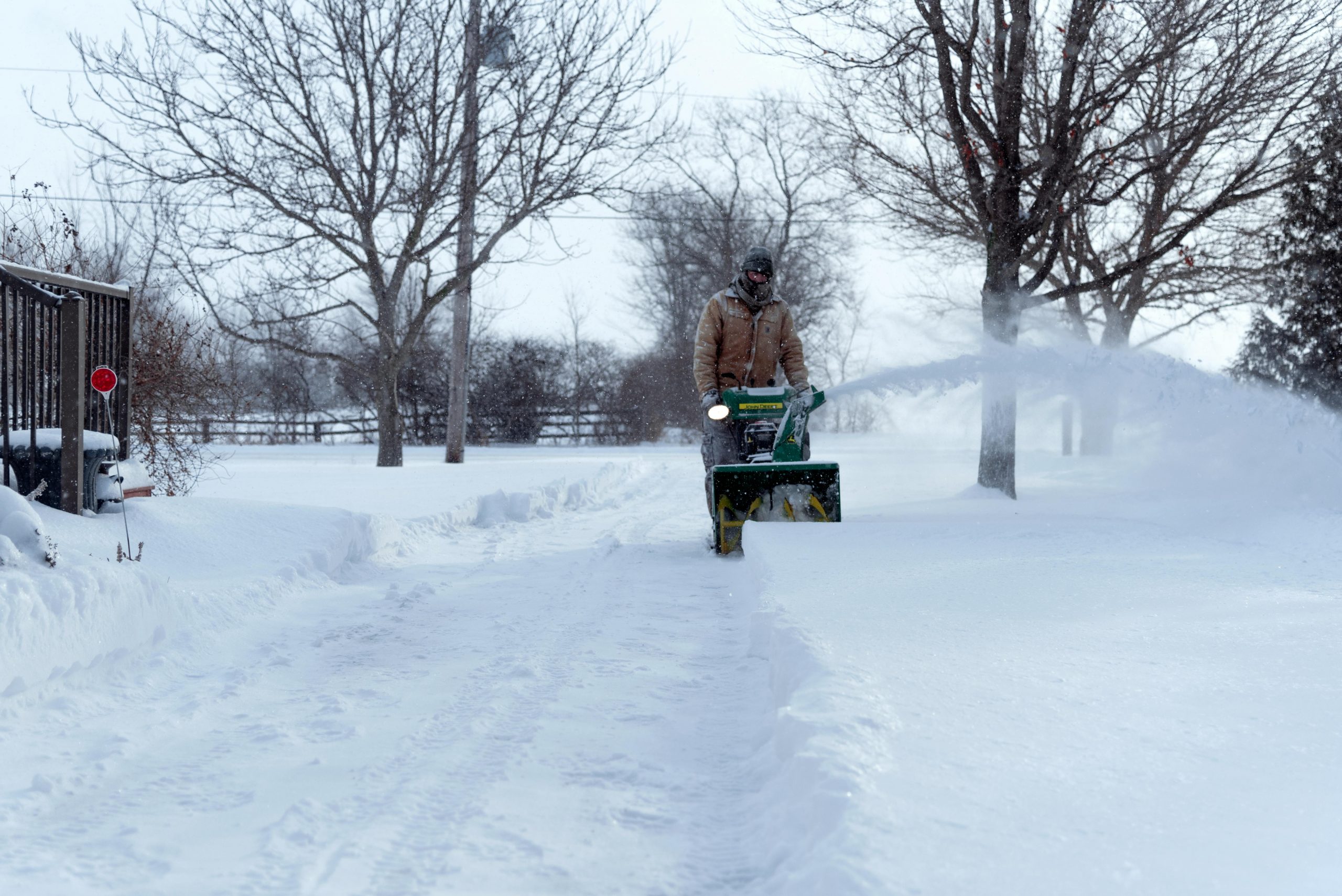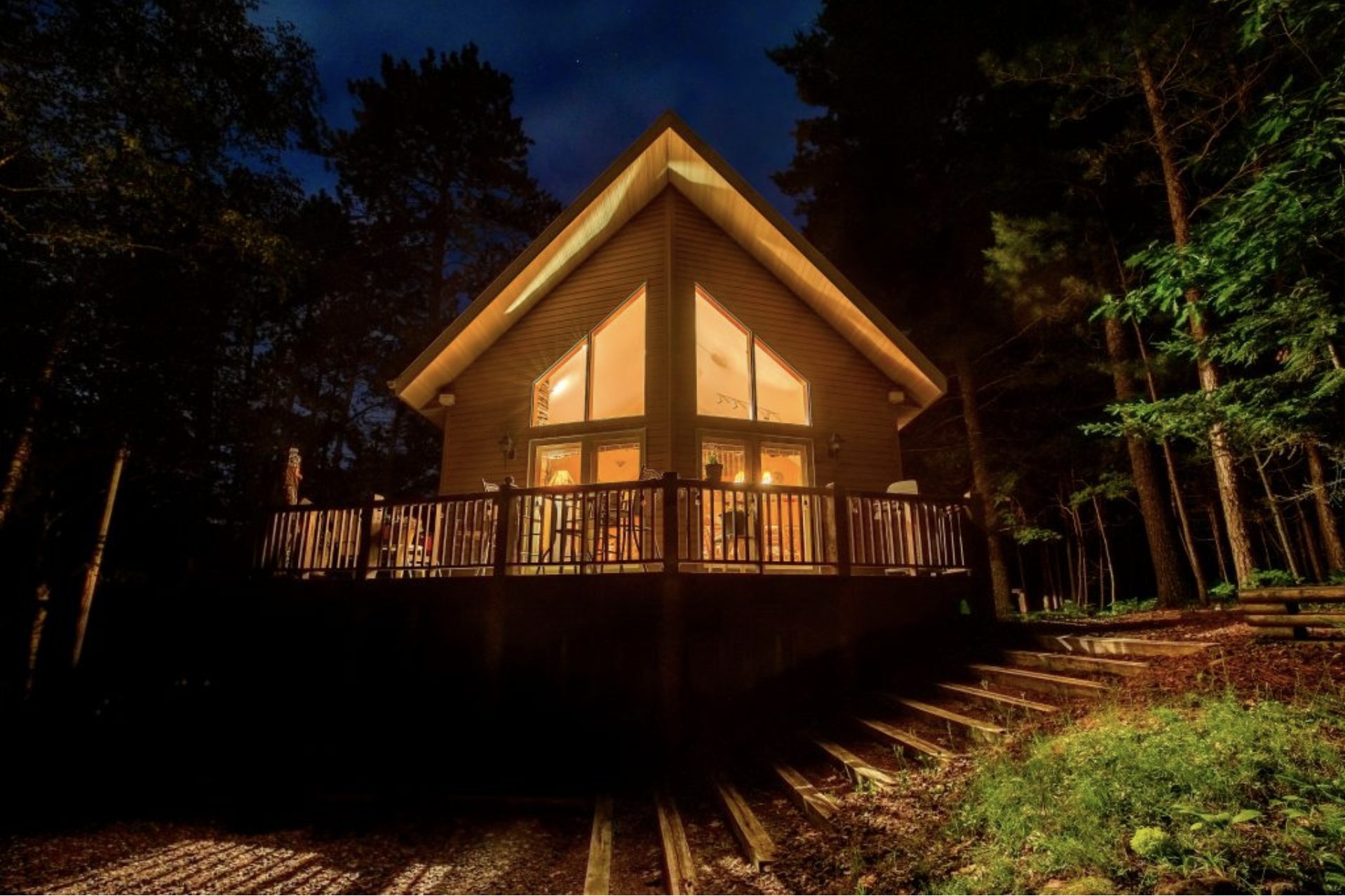Top Tips for Preparing Your Home for Saskatchewan’s Winter

Winter in Saskatchewan is known for its biting cold, heavy snowfalls, and freezing winds. As a homeowner, it’s essential to prepare your property to withstand these extreme conditions while ensuring comfort and safety for your family. Taking proactive steps now can prevent costly repairs and help you avoid energy inefficiencies during the long winter months. Here are the top tips for preparing your home for Saskatchewan’s harsh winter:
1. Ensure Proper Insulation
The first line of defense against the cold is a well-insulated home. Poor insulation can lead to significant heat loss, higher energy bills, and cold spots in your home. Start by checking the insulation in your attic and crawl spaces, as these are often the primary areas for heat loss. Ensure that your walls and floors have adequate insulation as well, and seal any gaps where cold air can seep in. A well-insulated home not only improves comfort but also boosts energy efficiency, keeping your heating system from overworking.
2. Check Your Heating System
Your furnace will be working overtime during Saskatchewan winters, so make sure it’s ready for the task. Schedule a professional HVAC inspection to ensure your heating system is in top condition. Replace filters to improve efficiency and indoor air quality, and test your thermostat to ensure it’s functioning properly. If you rely on a fireplace, have your chimney cleaned to remove soot and creosote buildup, reducing the risk of chimney fires.
3. Seal Windows and Doors
Drafty windows and doors can let cold air into your home, causing your heating system to work harder and increasing your energy costs. Inspect the seals around windows and doors, paying close attention to weatherstripping and caulking. Replacing old or damaged seals can significantly improve energy efficiency and keep your home warmer. Additionally, consider adding window film or insulated curtains for an extra layer of protection against the cold.
4. Protect Your Plumbing
Frozen pipes are a common and costly problem during Saskatchewan’s winter. To avoid this, make sure your pipes are properly insulated, especially in areas that are prone to freezing, such as basements, attics, and garages. Disconnect and drain outdoor hoses, and shut off the water supply to exterior faucets. If you plan to leave your home for an extended period, consider leaving a trickle of water running to prevent pipes from freezing.
5. Prepare for Snow and Ice
Heavy snowfall and ice accumulation are part of Saskatchewan’s winter landscape. Ensure you have the proper equipment to clear snow and ice from your driveway, walkways, and roof. Stock up on salt or sand to prevent slippery surfaces. If you have a flat or low-pitched roof, consider investing in a roof rake to prevent ice dams, which can cause water to seep into your home. It’s also a good idea to inspect and clean your gutters, ensuring that melting snow has a clear path to drain away from your foundation.
6. Check Your Roof
Before the snow arrives, inspect your roof for any signs of damage, such as missing, loose, or damaged shingles. Any weak spots in your roof can allow water to penetrate, leading to leaks and potentially serious damage. Repair any issues before the first snowfall to prevent costly repairs later on. It’s also wise to ensure your roof is equipped to handle the weight of snow, particularly if you live in an area that experiences heavy snowfall.
7. Stock Up on Emergency Supplies
Winter storms can lead to power outages, sometimes lasting for hours or even days. Prepare for these scenarios by stocking up on essential supplies, including blankets, batteries, flashlights, and non-perishable food. Having a backup power source, like a generator, can also be invaluable during extended outages. If you rely on heating systems that need electricity to operate, make sure you have alternative heating methods, such as a wood-burning stove or propane heater.
8. Test Smoke and Carbon Monoxide Detectors
With your heating system running constantly and the potential for using alternative heating sources like fireplaces or generators, it’s crucial to ensure your home’s safety devices are working. Test all smoke detectors and carbon monoxide detectors to ensure they’re functioning correctly. Replace batteries as needed and make sure detectors are installed on every level of your home, especially near bedrooms.
Preparing your home for Saskatchewan’s winter takes time and effort, but the payoff is worth it. These steps not only help you stay comfortable but also protect your property from winter’s harsh elements. Proper preparation reduces the risk of costly repairs, keeps energy bills in check, and ensures your home remains a safe haven throughout the season.

 Facebook
Facebook
 X
X
 Pinterest
Pinterest
 Copy Link
Copy Link








